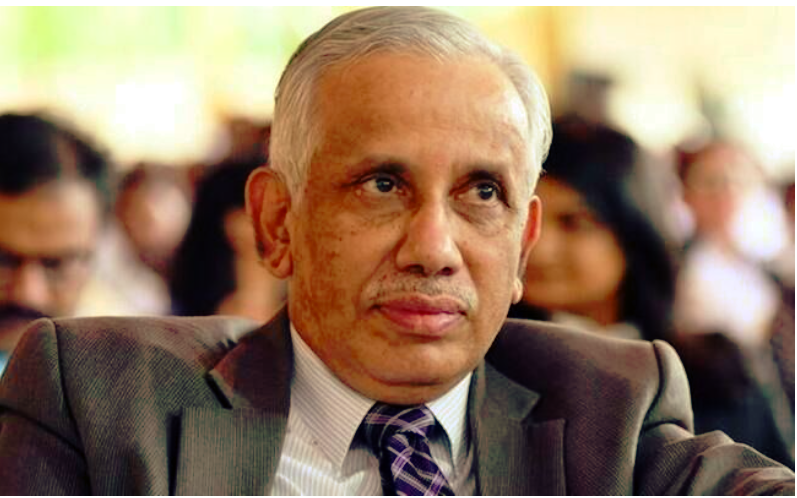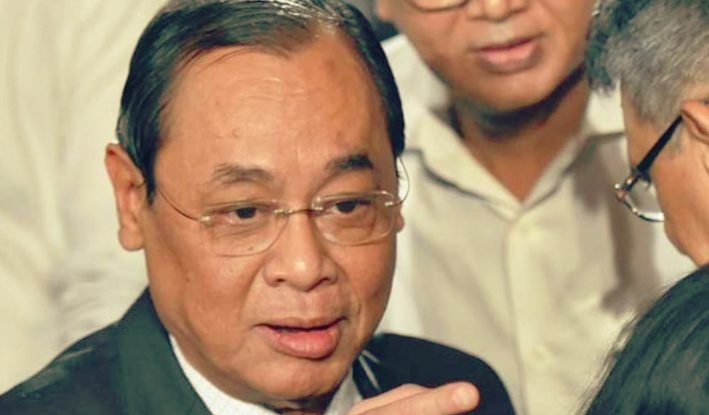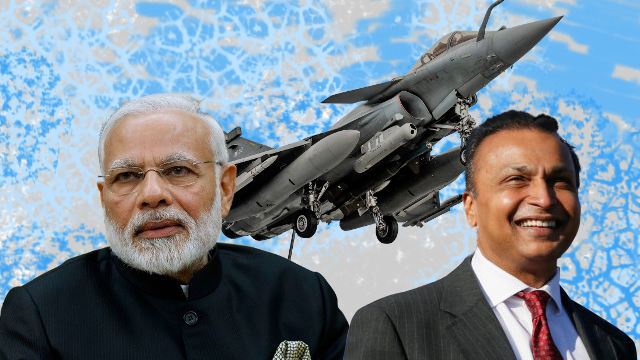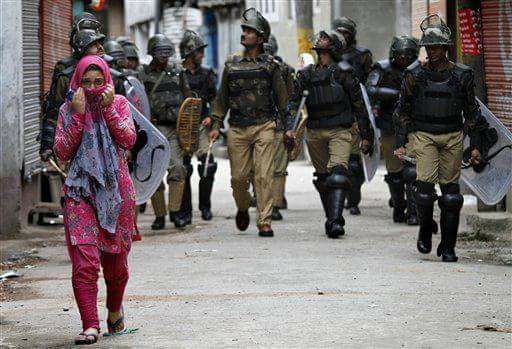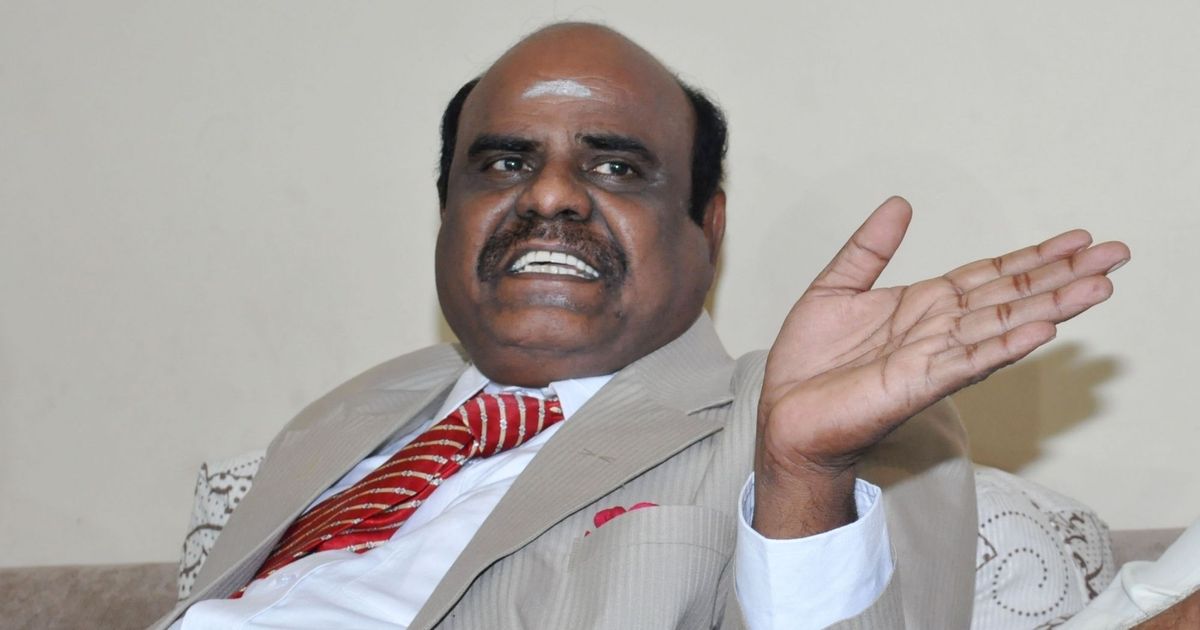Justice S Abdul Nazeer was part of many landmark judgments, including the Triple Talaq case, the Ayodhya-Babri Masjid dispute case and demonetisation case
In his six years tenure as a Supreme Court Judge – from 2017 to 2023, Abdul Nazeer was part of critical judgements passed in latest Indian history. Being the only minority judge in the SC during his tenure, he was part of two Constitutional Benches that passed verdicts on cases that have essentially impacted the Hindu and Muslim communities. He also played an important role in upholding the demonetisation decision of the union Government.
President Droupadi Murmu today notified the appointment of the Supreme Court’s retired judge Justice S Abdul Nazeer as the third Governor of Andhra Pradesh.
Syed Abdul Nazeer is a former judge of the Supreme Court and retired on January 4 this year.
Justice Nazeer is succeeding Biswa Bhusan Harichandan, who has been transferred as the Governor of Chhattisgarh.
Justice Abdul Nazeer was part of many landmark judgments, including the Triple Talaq case, the Ayodhya-Babri Masjid dispute case, the demonetisation case and the judgment that held that the right to privacy is a fundamental right.
In his farewell function, Justice Abdul Nazeer had said the representation of women in the judiciary is still very low.
“If I say Indian judiciary is immune to gender inequalities, I can’t be farther away from reality. Representation of women in the judiciary is still very low,” he had said.
The judge had quoted Kofi Annan, saying that there is no tool for development more effective than the empowerment of women.
At his farewell function, Supreme Court Bar Association president Vikas Singh had recalled that Justice Abdul Nazeer was part of the Ayodhya land dispute case.
He said that Justice Abdul Nazeer was the only Muslim judge on the Constitution Bench that heard the controversial Ayodhya land dispute case and delivered a unanimous verdict.
This, he said, demonstrated Justice Abdul Nazeer’s commitment to secularism and willingness to serve the judicial institution.
Justice Abdul Nazeer replied that the apex court has always strived for excellence.
He also said that under the guidance of the current Chief Justice of India DY Chandrachud, the institution is ready to face the challenges of this dynamic society.

